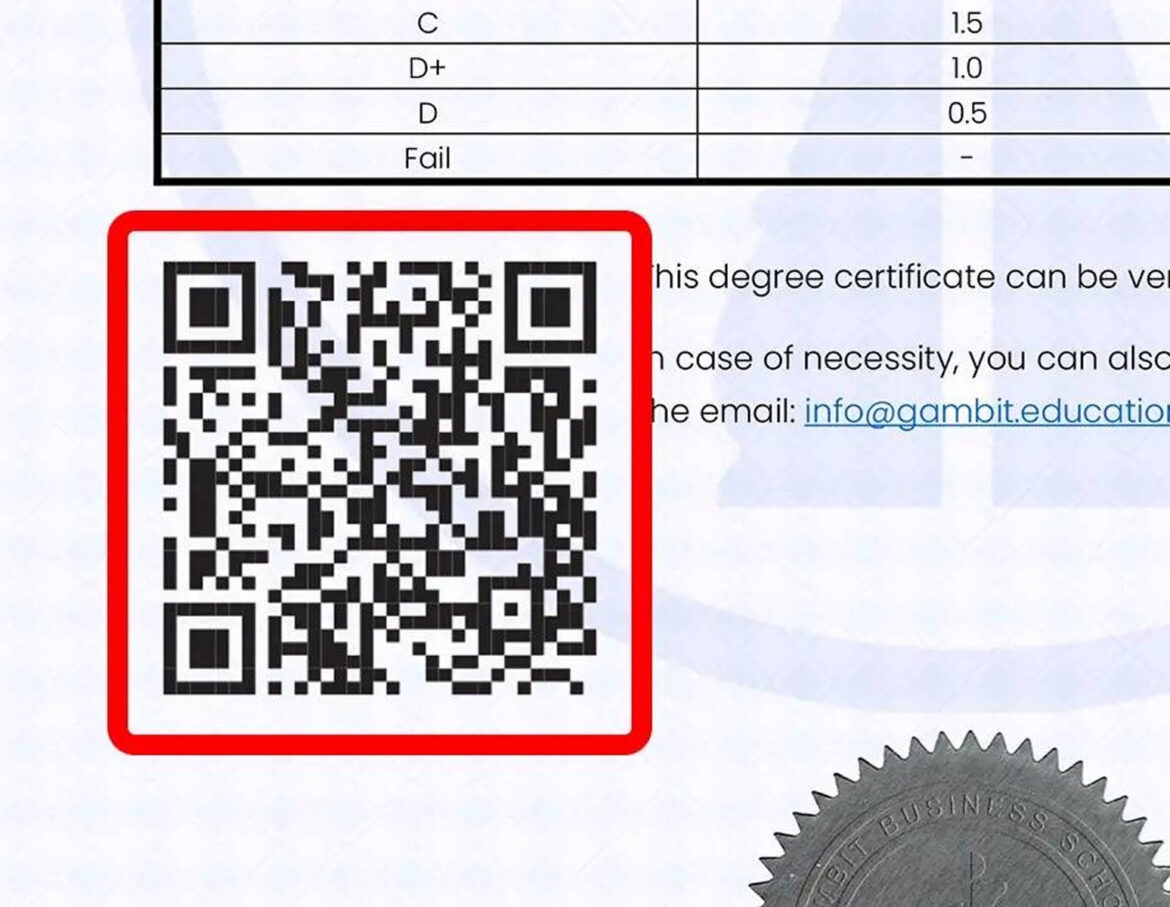The Board of Intermediate and Secondary Education (BISE) Lahore has launched an innovative online system for issuing roll number slips to students appearing in the 2025 matriculation examinations. This groundbreaking initiative marks the first time the board has implemented a digital approach to enhance transparency and efficiency in the examination process.
The system, introduced under the directives of BISE Lahore Task Force Committee for Boards Chairman Mazamil Mahmood, Higher Education Department Secretary Dr. Farrukh Naveed, and Lahore Commissioner/Chairman Board Zaid bin Maqsood, was successfully developed through the efforts of BISE Secretary Rizwan Nazir.
Roll Number Slips with QR Codes for Verification
A major highlight of this initiative is the integration of QR codes on roll number slips, a step aimed at preventing fraudulent activities. By scanning the QR code, students can instantly access their personal information and examination details on the BISE Lahore website, ensuring accuracy and up-to-date records.
“The introduction of QR codes is a significant advancement in securing the examination process,” said BISE Secretary Rizwan Nazir. “It will help track and verify candidates, reducing the chances of malpractice.”
BISE Controller of Examinations Zahid Mian also emphasized the importance of this initiative in fostering fairness. “Our goal is to conduct the 2025 matric exams in the most transparent and efficient manner possible. The online roll number slip system is a testament to our commitment to a secure examination process.”
Automated System for Invigilator Deployment
Alongside the digital roll number slip system, BISE Lahore has also launched an automated system for appointing examination staff. This new system ensures a fair and unbiased allocation of duties for superintendents, deputy superintendents, and invigilators by eliminating human intervention in staff selection.
BISE spokesperson Tahir Javed highlighted the impact of these modernizations:
“This online system is not just about convenience; it is about ensuring fairness and efficiency. The use of technology will minimize errors, favoritism, and unauthorized appointments.”
The 2025 matric exams will be conducted across 920 examination centers, an increase of 52 centers compared to previous years, catering to 568,854 students from both Science and General groups.
To maintain the integrity of the exams, blacklisted, retired, and private staff will not be appointed. The system manages teacher data zone-wise and uses a comprehensive database of 100,000 teachers to assign duties fairly.
Key Benefits of the System
- Eliminates manual interference in staff deployment, reducing favoritism and cheating.
- Ensures teachers are not assigned to centers where their own students are appearing.
- Prevents individuals from using personal influence to secure postings at preferred centers.
- Provides an efficient, transparent, and fair examination process.
Students and parents have welcomed these advancements, praising BISE Lahore for embracing technology to modernize the examination system. This initiative is expected to serve as a model for other educational boards across Pakistan, paving the way for future technological developments in the education sector.
Conclusion
With the introduction of QR-coded roll number slips and automated invigilator deployment, BISE Lahore is taking a significant step toward digitizing and securing the matriculation examination process. These reforms will ensure a fair, transparent, and efficient experience for students and staff, setting a new standard for educational boards in Pakistan.



